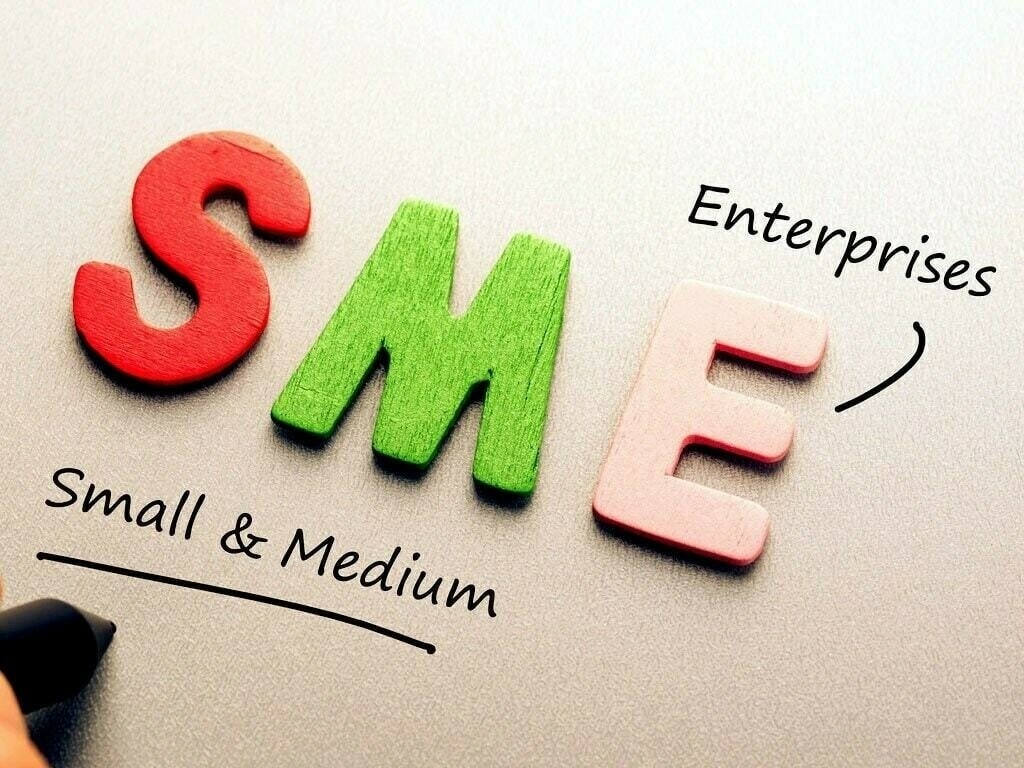Editorial
Despite the myriad of obstacles, small and medium enterprises (SMEs) in Pakistan, with their unwavering spirit, continue to significantly contribute to the economy. These obstacles, including limited access to finance, poor infrastructure, inadequate management skills, and complex regulatory requirements, are not insurmountable. However, the turnover tax regime in Pakistan, which creates a substantial disadvantage for SMEs compared to vertically integrated firms, poses a significant challenge.
The turnover tax policy in Pakistan mandates all businesses, irrespective of their profitability, to pay a minimum tax of 1.25% on their turnover. While this policy aims to establish a uniform tax environment, it disproportionately affects SMEs due to the cumulative nature of the tax across multiple production stages. This tax structure places a significant financial burden on SMEs, limiting their ability to reinvest in their businesses and hampering their competitiveness and innovation.
Unlike vertically integrated firms, SMEs often rely on multiple independent businesses for various production stages, subjecting them to the turnover tax at each stage. This compounding effect significantly increases the overall tax burden on SMEs, making their products more expensive and less competitive compared to those produced by integrated firms.
The financial strain imposed by the turnover tax limits the ability of SMEs to reinvest in their businesses, hindering their competitiveness and innovation. However, with the proposed policy reforms, such as implementing lower turnover tax rates for SMEs, providing tax rebates or credits, facilitating access to finance for vertical integration, and introducing a graduated tax structure, a more equitable tax environment can be created. These reforms hold the potential to significantly boost the competitiveness and innovation of SMEs, leading to a more dynamic and robust economy.
Reforming the turnover tax policy is not just a matter of fairness, but a crucial step towards ensuring the continued growth and development of SMEs. These enterprises are not just economic contributors, but also drivers of innovation and creators of employment opportunities. By creating a more equitable tax environment, Pakistan can unlock the full potential of its SME sector, fostering a more dynamic and robust economy.
















